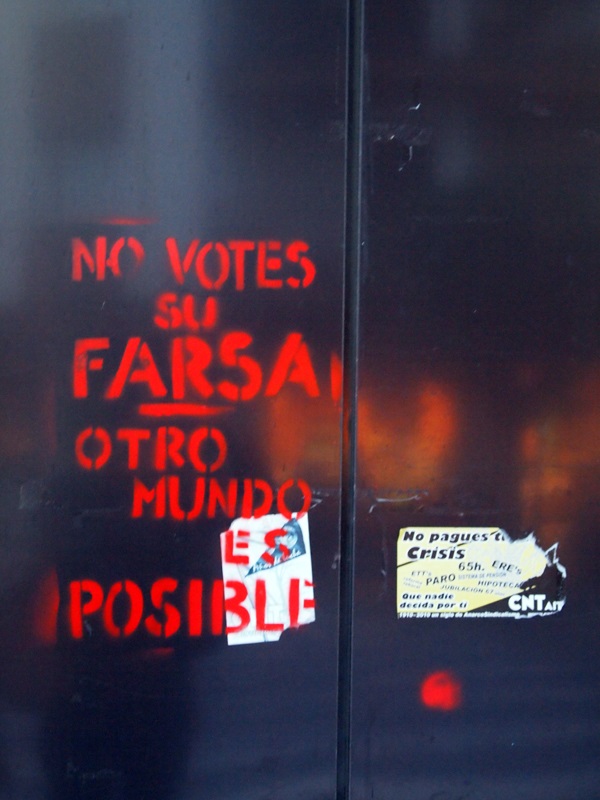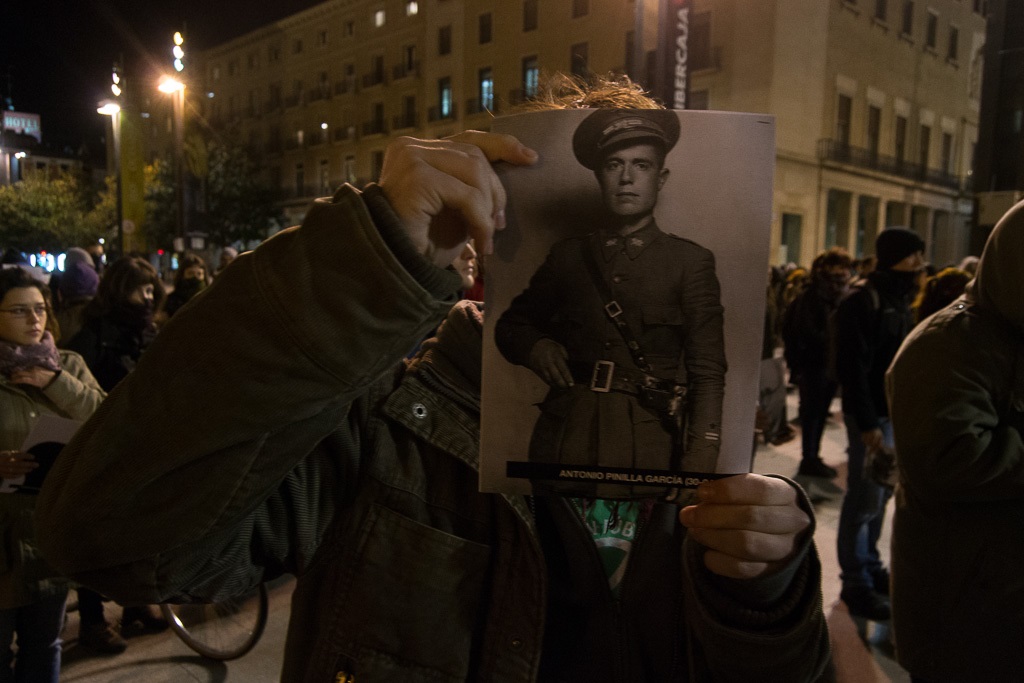Last week, the Prime Minister Pedro Sánchez called for general elections to be held on the 23rd of July. Under the current economic crisis, the war and the rise of xenophobia, a government including the far-right Party Vox would diminish Spanish democracy.

Juanjo Andrés Cuervo
Amid the debacle of the left in the regional and municipal elections of the 28th of May, Pedro Sánchez took a significant decision. The Partido Socialista Obrero Español (PSOE) leader decided to call a snap general election.
This was a strategic move that took everybody by surprise.
In January I wrote about the possibility of the snap election, it has certain risks. With this call, the left-wing coalition formed by PSOE and Unidas Podemos might not survive the summer. And yet, I think that Sánchez decision is based on a rational logic.
First, his announcement broke an expected long-period of right-wing celebrations in Spain that could discourage the left. The right-wing euphoria is understandable. In the regional and municipal elections, the Partido Popular (PP) and the far-right Vox had excellent results in many places.
Despair was in the air on the morning of 29th May among several left-wing groups. The right-wing populist discourse that is spreading across the United States, the UK, France and Italy has also benefitted the Spanish right. This right-wing wave is spreading across the world.
Hence, the only way to stop a coalition government of PP and Vox is to create a strong left. Sánchez knows that and his announcement inevitably forces Podemos and Sumar (also left-wing) and to work together for the general elections.
Aside from mobilising a desperate and disappointed left-wing voter, the Spanish electoral system punishes fragmentation. Specifically, one of the main problems in the elections of the 28th of May was that the left-wing parties were not united in places like Madrid or the Valencian Community.
There is no alternative. Sumar and Podemos must join together to channel the movements for democracy and to stop the shadow of fascism from permeating the Spanish executive.

Spain: past and present
To understand the current state of politics in Spain it is necessary to analyse Spanish history and the global situation.
Franco’s coup d’état on 18 July 1936 and the subsequent Spanish Civil War defined a world threatened by the forces of reaction. In his book “The Age of Extremes”, Eric Hobsbawm defined the Spanish Civil War as ‘the quintessential expression’ of a global confrontation between fascism and democracy. With the help of Nazi Germany and Fascist Italy, Franco defeated the Republicans and imposed a dictatorship. Besides killing hundreds of thousands of people and forcing many more into exile, the Franco period of almost 40 years would have a decisive influence on the future Spain. Propaganda allowed Franco’s regime to establish a narrative to legitimise the bloody war started by them.
Precisely for that reason, many people today believe that Franco’s regime was not as harsh as the left-wing claims. The historian Paul Preston, who has written extensively about the Franco dictatorship, exposes him as ‘as repugnant as Hitler.’
Given those precedents, it the reactionary character of the Spanish right should not be a surprise. The PP is the heir of the People’s Alliance, whose leader was the Francoist minister Manuel Fraga.
It would be naïve to believe that those who had supported the regime for decades and benefitted from its ruthless violence against dissidents would be willing to create a democratic society and remember the victims of Francoism. At the present time, the battle for the historical memory is being fiercely fought in Spanish society.
 At the side of PP, the far-right party Vox conveys more deeply the reminiscences of Francoism. The discourses of its members against women, migrants, people from different cultures and supporters of the left- emanate analogies with the 1930s in Europe.
At the side of PP, the far-right party Vox conveys more deeply the reminiscences of Francoism. The discourses of its members against women, migrants, people from different cultures and supporters of the left- emanate analogies with the 1930s in Europe.
NATO and the legitimisation of fascism
Perhaps as worrying for the left is the global situation. The war in Ukraine has reinforced the alliance between the USA and Europe through NATO. The North Americans have encouraged the European countries to increase their expenditure on military armament. The latter obeyed their master.
The message is clear. As long as you follow NATO designs, the xenophobic and fascist character of your regime does not matter. Poland and Italy are the perfect example of this. Spain may become the next one.
Currently, left-wing voters are holding their breath. They know that Sumar and Podemos must work together in the General Elections.
For Spain, it is the last chance to avoid the first government integrated by the far-right since the end of Franco’s dictatorship. For international supporters of the left, Spain remains as a beacon of hope. The memories of 15 May 2011 and its democratic strength still remain in our times. Among the people.
(Photos: Pixabay)












.jpg)












